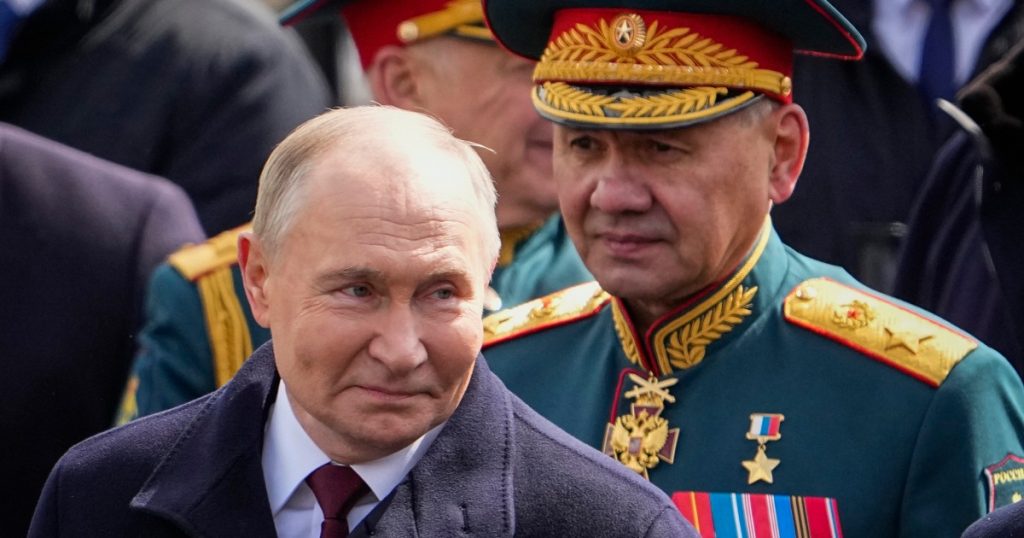Sergei Shoigu, who has been leading Vladimir Putin’s war in Ukraine, was unexpectedly removed as defense minister after more than a decade in the position. The decision to replace him with a civilian economist came as a surprise given recent gains by Russian forces in Ukraine. Observers speculate that Putin’s frustration with the progress of the war led to this shake-up, signaling his determination for a long fight with Ukraine and its Western allies. Shoigu’s new role as secretary of Russia’s national security council may be seen as a comfortable retirement for a trusted Putin ally.
Shoigu’s importance in the war cannot be understated, as he was central to planning the invasion of Ukraine and was one of Putin’s key allies. By appointing him to the national security council, Putin may be trying to remove him from a prominent role without causing offense. The new defense minister, Andrei Belousov, is a civilian economist who has served in various roles in Putin’s government. Belousov’s appointment signifies a shift towards integrating wartime spending into Russia’s economy, akin to the Soviet Union’s approach during the Cold War.
Putin’s decision to replace Shoigu with Belousov could indicate a long-term strategy for the war in Ukraine, which was originally intended to be a quick operation but has now entered its third year. The focus is on fully militarizing Russian society and economy to outproduce the West and ensure victory. While Russia has ramped up domestic military production, Western sanctions have forced it to seek weapons supplies from other countries. The shake-up in military leadership reflects Putin’s determination to win the long war by harnessing Russia’s economy to support the ongoing conflict.
Belousov’s emphasis on taking care of Russia’s soldiers may be an attempt to address concerns within the military ranks. The shake-up in military leadership comes at a critical juncture as Ukraine awaits U.S. aid and faces mounting weariness from some European partners. Despite potential challenges, Putin’s focus on restructuring the country around the war effort suggests a commitment to securing victory in Ukraine. The changes within the Russian military leadership indicate a shift towards a more strategic, long-term approach to the conflict.


